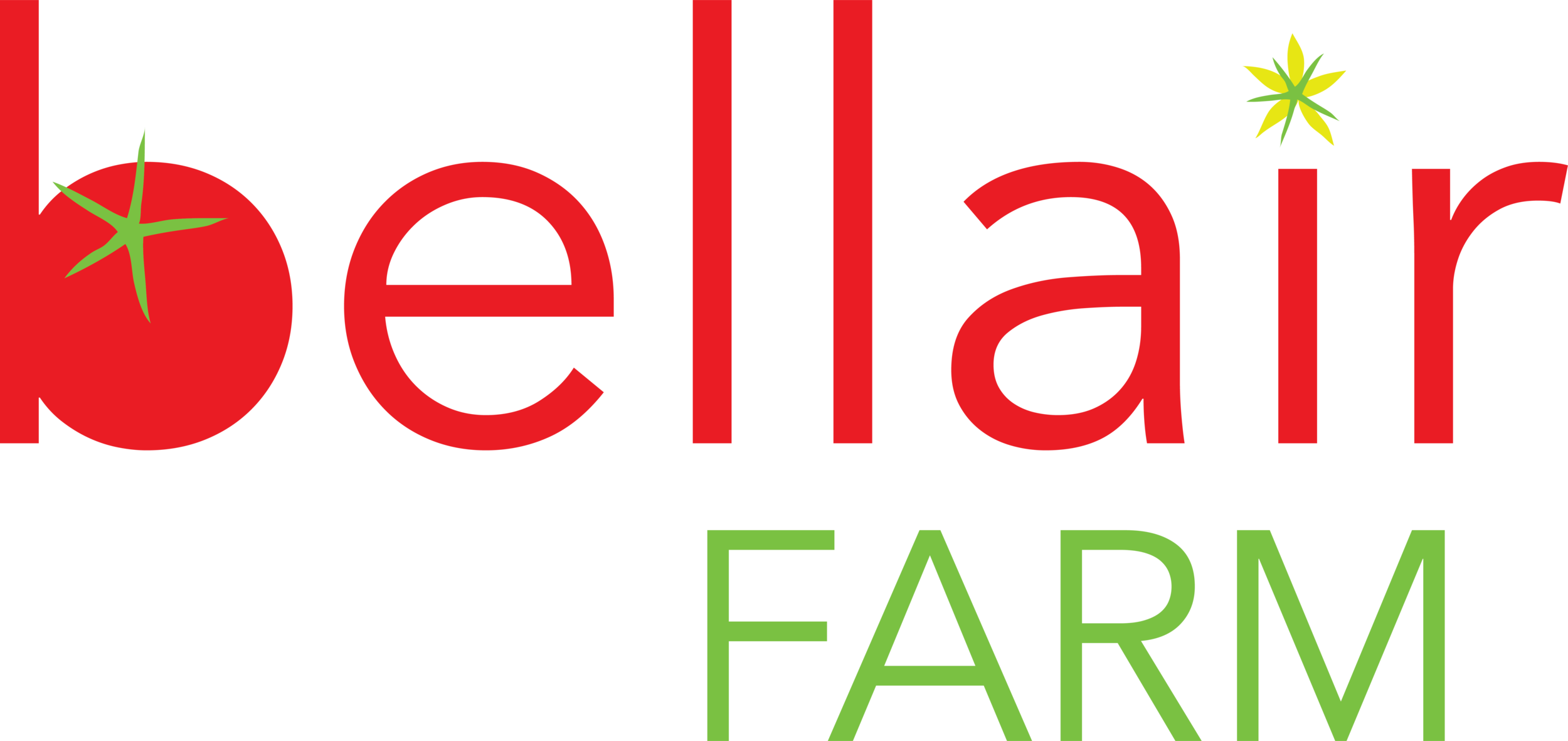Seed Starting for the Home Garden
Turnips are a great crop to direct seed. Read below for more details!
Direct seed or transplant?
Direct seeding means planting right into the ground whereas transplanting means the seed was sprouted indoors and planted out later. Many veggies can survive either way, but there is generally a "recommended" approach, often on the seed packet itself. In general, if a plant does well as a transplant, it's great to go that route because you can get a head start on the weeds that way! However, here are some crops that you should almost always direct-seed into the ground: carrots, turnips, radishes, beets, baby greens, chives, cilantro, and dill.
Start my own transplants of buy them?
Seed-starting can be a tricky business and it's no wonder some gardeners feel they've flopped before they've even gotten started. Don't be discouraged. It's MUCH harder to start seeds in your house than it is in a farm's greenhouse. Here are some crops that are particularly difficult -- you might want to plan on buying plants for these: onions, leeks, lavender, rosemary and lots of perennial flowers like echinacea and rudbekia. And here are some crops that are pretty easy to start from seed: lettuce, the entire brassica (kale and cabbage) family, and flowers like gomphrena, celosia, snapdragons and amaranth
Here are some tips for success:
Timing: many gardeners get anxious and start plants too early. If you start tomatoes in January, they will get leggy and weak by the time it is time to plant. Consult the internet for planting dates and count back from the frost date to get the seed date. Check out our February and March Garden Guides for more resources on timing on the very first crops and this one on De-mystifying Planting Dates.
Sun: you need a lot of it. If you don't have a south-facing window, you will need lights to assist, especially if you’re trying to start tricky or early crops. Hang the lights right above (really! ~2 inches) the plants and move up gradually as they grow.
Water: it's easy to over-water in a household scenario (whereas our problem on the farm is keeping things wet!) When you water, use all your senses: poke a finger in the soil. Lift up the pot to see if it’s heavy or light. These things in addition to visual cues will tell you if something needs water. Often, it’s just the corners or edges of a tray, not the center.
Quality potting mix: there are a lot of poor mixes on the market. We like McEnroe potting mix but there are other good ones too! We sell McEnroe products in the Barn.
Seed-starting, as difficult as it can be, is also a worthwhile effort because you can see the entire life cycle (especially great for kids!). If your starts don't start out how you like, Bellair will have a plethora of veggie and herb starts and we can get your garden off the ground in a hurry.
Where to source seeds?
Here are just a few great seed sources. You can also shop locally at a garden shop, where they may or may not carry some of the below brands.
Johnny's Selected Seeds(worker-owned; high quality, slightly more expensive at packet size but cheap bulk)
Southern Exposure Seed Exchange(worker owned and focused on saving old varieties)
Commonwealth Seeds(Virginia-specific varieties for farmers and gardeners)
Alliance of Native Seedkeepers(Indigenous varietals)
Carter Brothers Seeds(Virginia-bred African varietals)
High Mowing Seeds(100% organic and former Bellair crew member Jenn is their customer service manager!)

